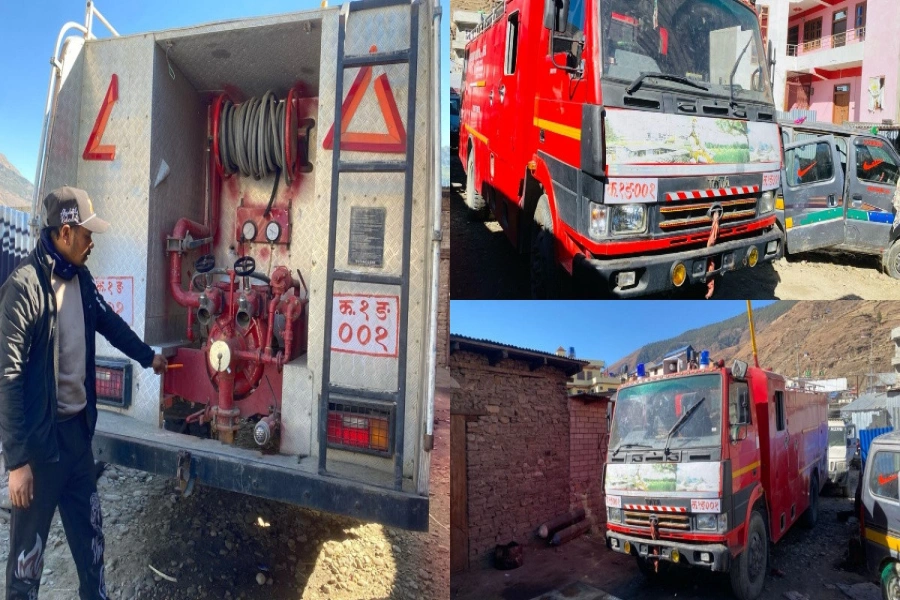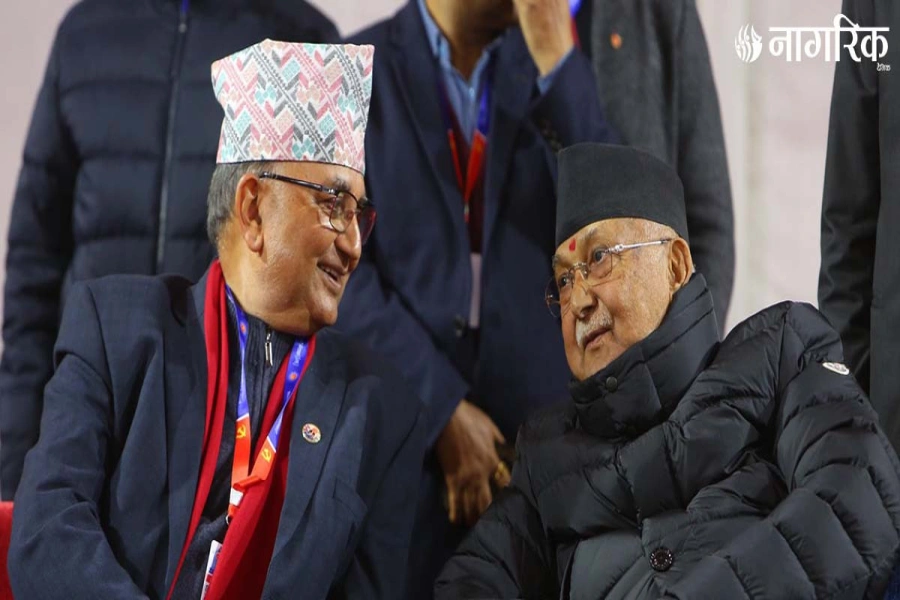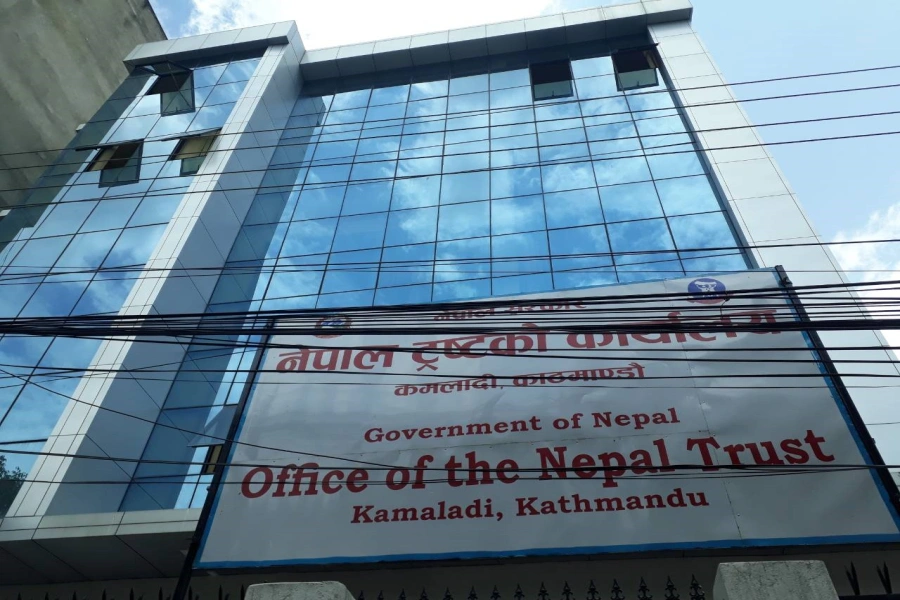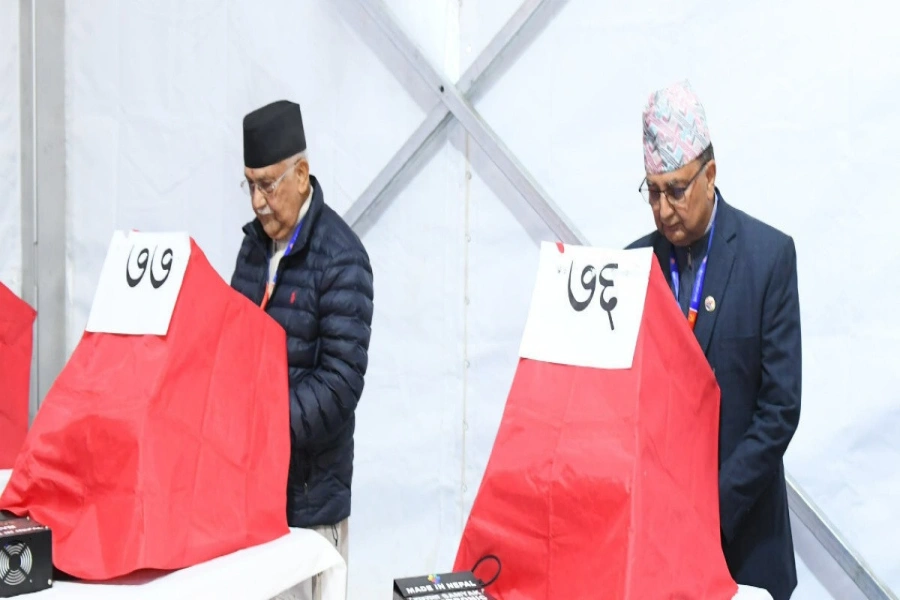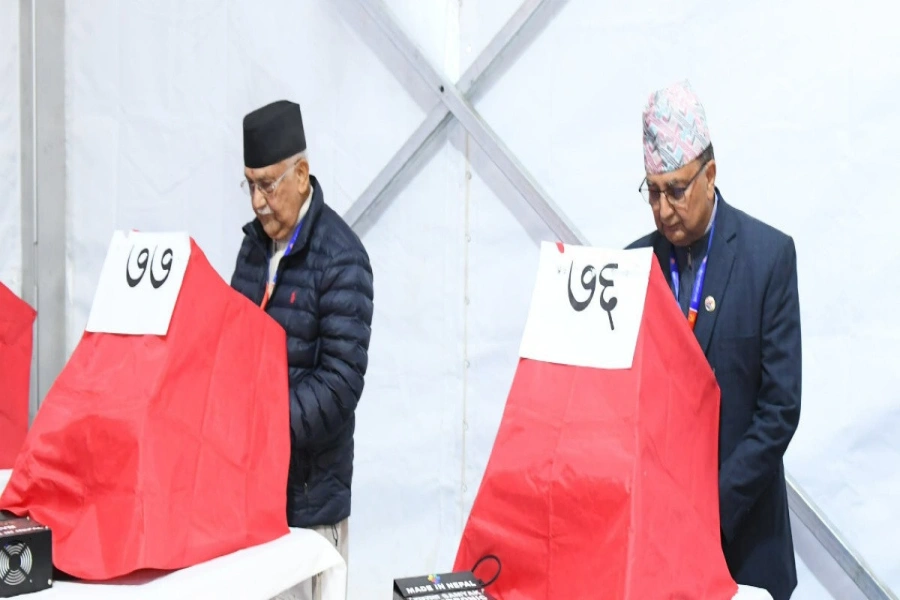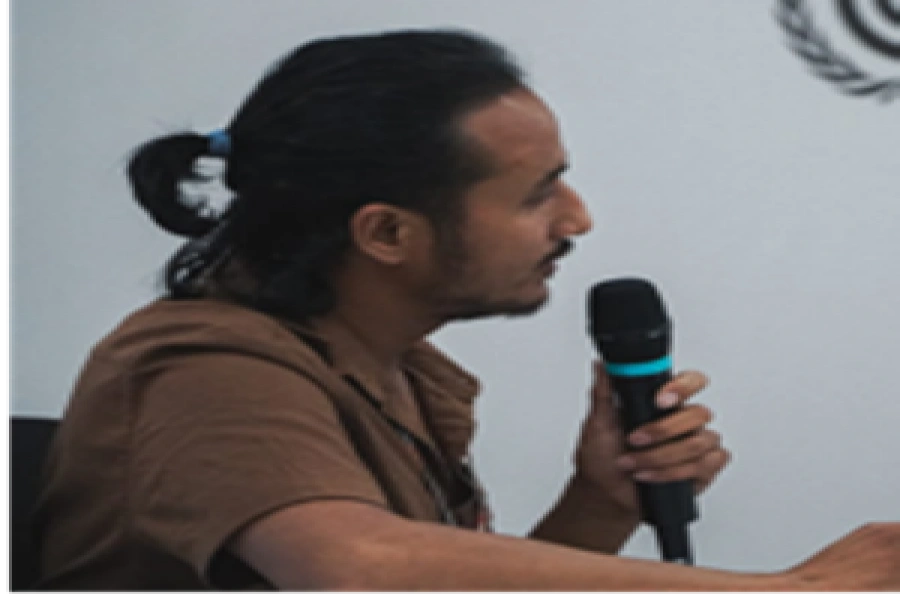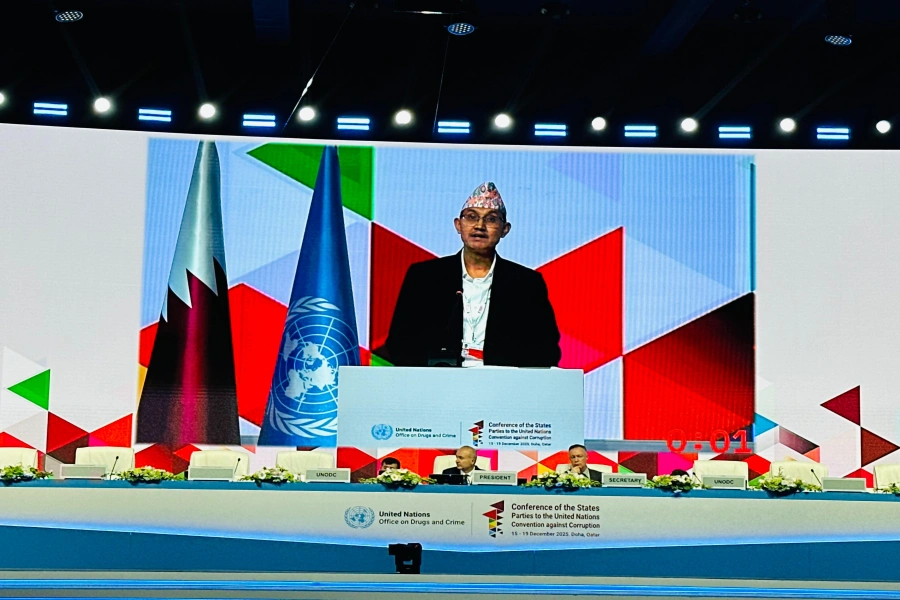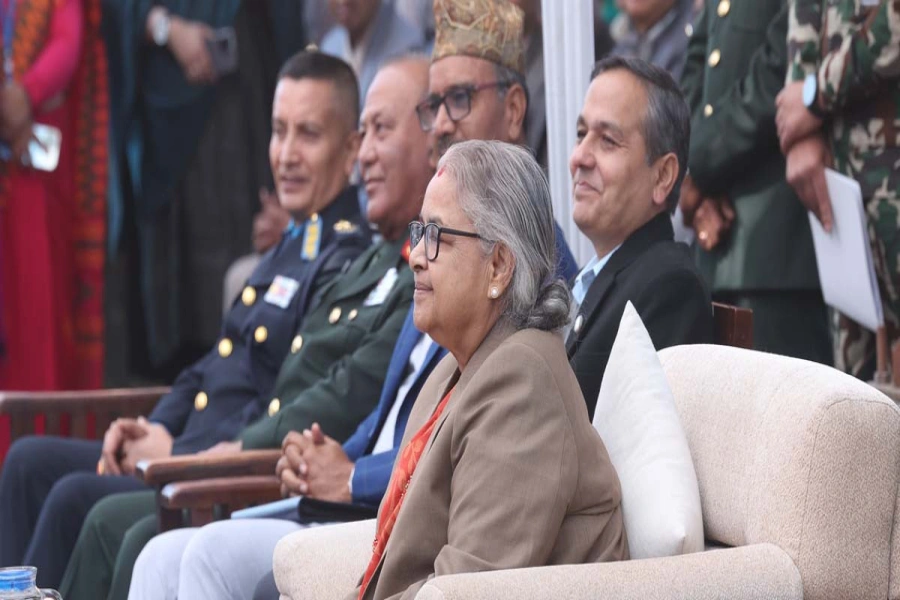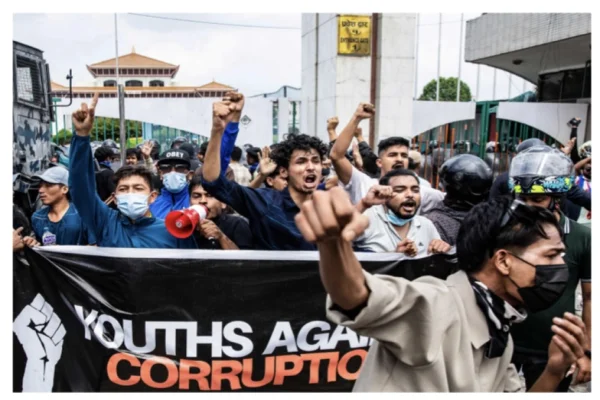KATHMANDU, July 29: The implementation of Value Added Tax (VAT) on air transport has led to a contentious dispute between the private sector and the government, resulting in confusion and dissatisfaction. The government introduced the VAT on air tickets through the Finance Act of 2080/081.
As per the Value Added Tax Act 2052, the VAT is mandatory to be implemented after a 30-day notice. The government had announced the implementation of VAT from July 1, but disagreements between the government and the private sector have persisted even into the second week of July.
The Nepal Association of Tour and Travel Agents (NATTA), an umbrella organization representing travel and tour businessmen, has decided to challenge the government's decision to impose VAT on air tickets. NATTA has filed a petition in the Supreme Court, seeking the cancellation of the government's VAT levy on air tickets. The apex court has scheduled a hearing for Sunday.
NATTA miffed with govt decision to impose 13 percent VAT on air...

According to representatives of the travel industry, the government's abrupt imposition of a 13 percent VAT on air tickets without proper study and preparation has made Nepal's destinations more expensive. NATTA President Ramesh Thapa expressed concern that this move could discourage tourists from visiting Nepal, as the perception of the country being an expensive destination may deter potential travelers. NATTA insists that the government should repeal the VAT on air tickets, citing the lack of clear implementation procedures and systems for businesses to handle VAT payments.
NATTA officials cited an example of Bangladesh where a similar attempt to impose VAT on air transport faced impracticality issues and was eventually withdrawn. The government's decision to disregard the advice of AITA, an organization of international air transport businessmen, not to impose VAT, has raised further concerns among travel businessmen.
NATTA has maintained that if VAT is applied to air tickets, the overall cost becomes prohibitive for potential tourists, with an additional 13 percent VAT on the ticket price, another 13 percent VAT on the tour package, a 2 percent luxury tax, and a 10 percent annual price increase. This could make Nepal one of the world's most expensive destinations for travelers, significantly affecting tourism.
Furthermore, NATTA argued that the decision contradicts Nepal's agreement with the International Civil Aviation Organization (ICAO) document number 8632, which calls for zero VAT on air transport.
Officials at the IRD, however, said that VAT is legally obligatory and businessmen cannot make any excuses to evade its implementation. They argue that since the VAT is paid by consumers, businesses must comply with the legal system.
The officials also claimed that the IRD has already established procedures for VAT payment by air transport, and the airline companies are capable of handling the issuance of air tickets with VAT.





